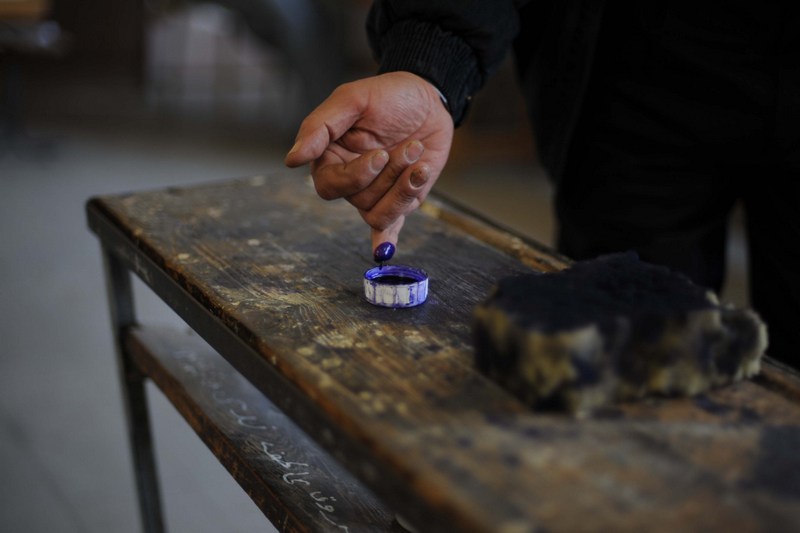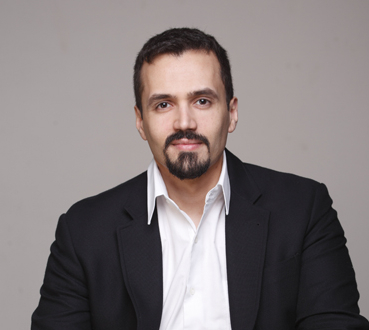
By Ahmed Tharwat
In checking out the history of “Father’s Day”, the date 5 July 1908 is often mentioned when a West Virginia church sponsored the nation’s first event explicitly honouring several hundred fathers who had died in a coal mine explosion six months previously. But it was a one-time commemoration and not an annual holiday.
It was two years later, on 19 July 1910, that the governor of the state of Washington actually proclaimed the nation’s first “Father’s Day”. But it was not until 1972 that Father’s Day became the national holiday that we know today. It is celebrated officially in the US as the third Sunday of June, which happens to be this Sunday. Of course, Father’s Day doesn’t have the same emotional prominence of Mother’s Day – which was proclaimed a national holiday by Woodrow Wilson in 1914, 58 years earlier than Father’s Day – that is celebrated all over the world. Many countries don’t even celebrate Father’s Day at all but at least here, we have Father’s Day sales.
Western media here is bombarding us 24/7 with ugly images of Arab/Muslim men; fighting in Islamic State and Al-Qaeda, with Arab dictators like Saddam, Ali, Al-Sisi, Basheer, Assad and King Salman. In the spirit of Father’s Day it is time for America to meet an Average Arab/Muslim man, time to meet my father.
My father wasn’t a religiously zealous man; he was what you could call a moral relativist. He would quietly pray the mandatory five daily prayers without lecturing us. He would tell us stories from the Qu’ran as part of his moral scheme; each story would have a disguised message made to shape our outlook on life. The Prophet, he would say to us when we asked for a bedtime snack, said that to sleep hungry is to be merry. “The Hebrew people got lost in Sinai for 40 years, you know,” he reminded us when we drifted into our own ways. If you didn’t listen to his advice, he would say, “Suit yourself, but remember Noah’s son didn’t make it on his own!”
My father was a small, petite man, with a big nose and small, sharp, piercing brown eyes. In our large family, he was, for the most part, an invisible man. He was the only educated member of his farming family, so he had a big load on his shoulders to provide economically for all of us. He wasn’t a heavy-handed, intimidating father figure, what many Egyptians sarcastically call “Si Sayed” or Mr Sayed. However, he believed that to survive raising a family of ten on a salary of a few dollars, you needed to reconstruct family values.
He thought it all should start with what is in the family. According to our dad, our original Arabic names all were morally misleading – Ahmed, Abdel Rafaa, Abdel Nasser, Abdelaal – had been either those of a prophet or a servant of God. Dad didn’t think these accurately reflected who we were, so he gave us character-based nicknames; I became the Sursarah, the small cockroach; my mom was Walad, one of the boys; the skinny one was Feseekhh, dried fish; the enigmatic one was Brovdaah (I still have no idea what it means); the oldest was Abul-oss, the father of sticks; then, the comfort-seeker was Oomdah, the mayor; the youngest was Hando’ah, the cutie; and my only sister was Al-Arousah, the beautiful bride. He also developed his own colloquial language, “Argesh” meaning get done whatever you have, “Ekshif Al Gaw” test the water first, and my very favourite, “Qoom Men Managheery” get out of my nose, or simply, get lost!
He was a frugal man out of necessity. To my dad, consumption was an evil state of depletion. Nothing terrified him more than one of us breaking into the kitchen to snack before mealtime. It was a violation of the household golden rules. He even developed a home security sound-code alert system reflecting the level of threat to any domestic consumption around the house. Regardless of where he was, he managed to monitor and sense what was going on in our kitchen even in his sleep. Clearing his throat was a special warning alarm to alert us to the level of threat and his annoyance. He would clear his throat once if you broke into the kitchen, twice, for opening the refrigerator, and three “ahems” meant don’t touch that cold watermelon.
He was also a conservationist before Al-Gore made it fashionable walking around the house turning off lights, the radio or stove, and shutting windows – as his daily mission to defeat ominous waste. Reusing old stuff around the house for him was a divine resurrection ritual. Eating questionable leftover food was his small triumph over the tyrant of the decaying process. Once he ate a bunch of old, fermenting grapes – just to get rid of them – and suffered the family’s teasing that he had enjoyed a taste of the forbidden fruit of alcohol. Sending the mail in used envelopes was his personal signature, reusing old batteries even for just a few minutes was magical, and for him, nothing was ever too precious to be wrapped in scraps of old newspaper.
Around the house, my dad didn’t say much, do much, or even move much as he was an average man, but, a brilliant one, who taught us that to be a hero, you never tried to be one. My dad passed away 28 years ago, and, I’m sure, is resting in a divine place where there isn’t much to do or to say – the way he always wanted. God bless you, Dad, you are my hero!
Ahmed Tharwat is host of the Arab-American TV show Belahdan. His articles are published in national and international publications. He blogs at Notes From America, on www.ahmediatv.com. Follow him on Twitter @AhmediaTV


